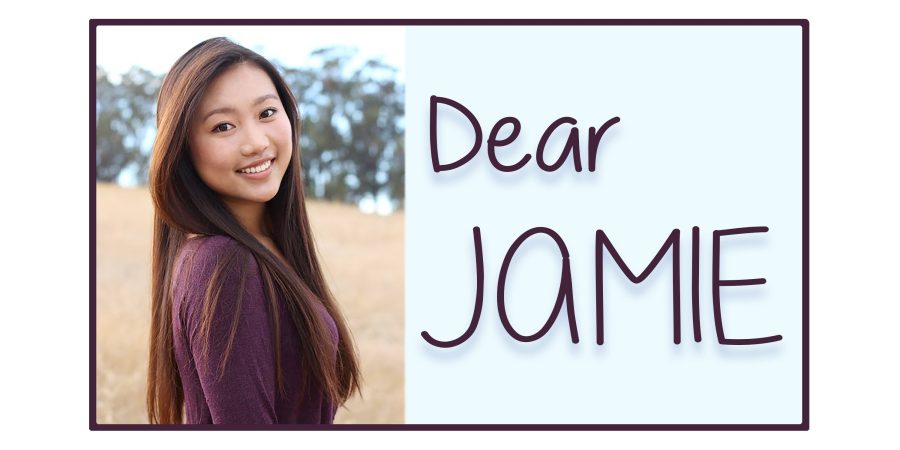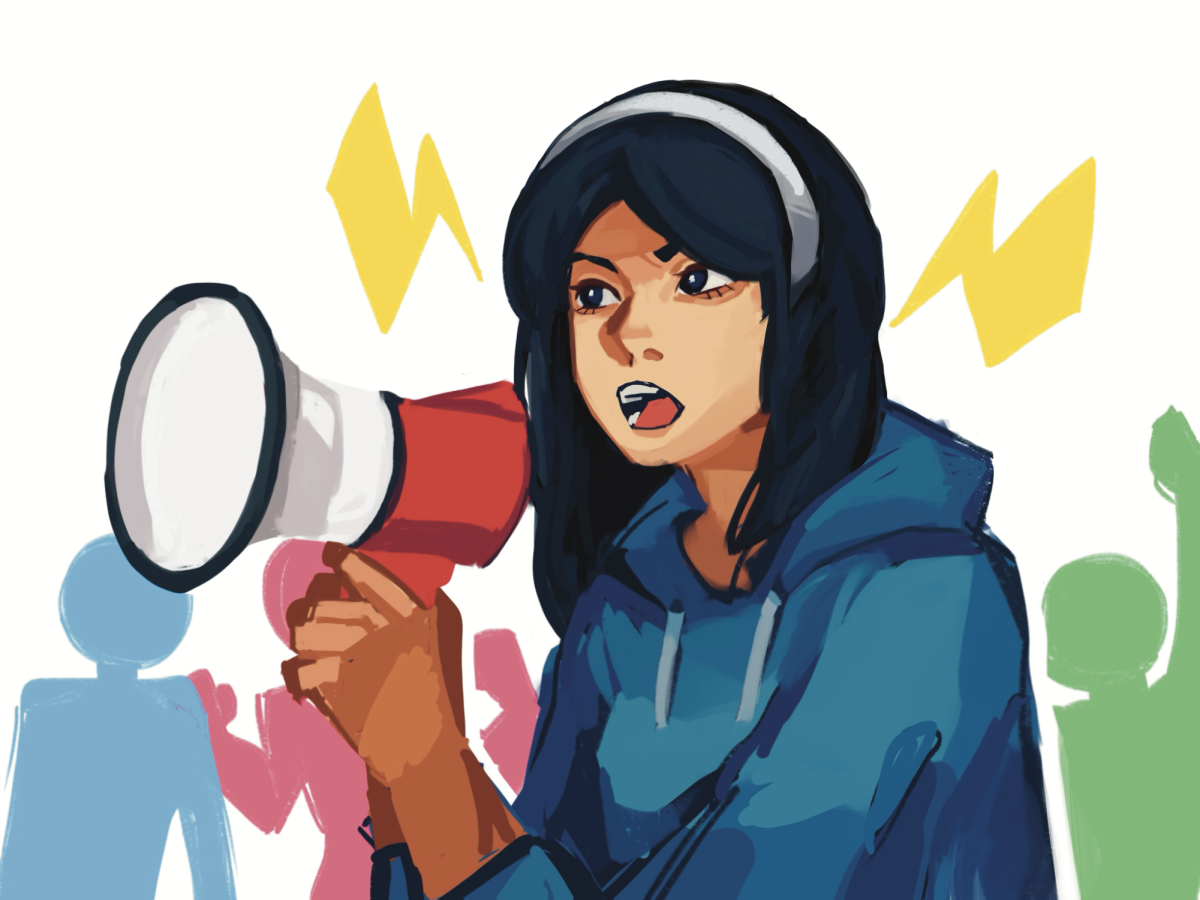DEAR JAMIE:
I have a friend who I think is gay and has feelings for me.
I’ve felt this way for a little while. He’s been my best friend for a couple of years, and we’re extremely close. Sometimes I feel like he’s the only safe outlet for me to vent to.
Lately, he’s been acting really strangely towards me, like touching and hugging me a lot more, scooting closer to me, sometimes resting his head on my shoulder and such. He’s also different when he talks to me now and will compliment me a lot more.
If he is gay, it definitely won’t affect my friendship with him. He’s never come out formally. I’m concerned because I’ve heard that coming to terms with your sexuality is a difficult time, and he’s been having a rough year with grades and family matters, and all of those things coupled together could spell trouble.
However, I don’t want to make the mistake and accidentally offend him since that could ruin our friendship forever.
How should I proceed?
— HESITANT & CONCERNED
DEAR HESITANT & CONCERNED:
I can tell that you really care about your friend and want to help him in any way possible. Let’s discuss your situation in terms of two separate concerns: your friend’s academic and family struggles and his sexuality in relation to your friendship.
Putting aside any questions about sexuality, have a conversation with your friend about his declining performance in school and his emotional and mental well-being. Talk about why his behavioral changes might have occurred and how you can reverse them.
For instance, if he has lost motivation in school, identify what motivated him before, why it no longer does and things that can help to motivate him again. Discuss ways to recognize, self-assess and adjust his thoughts, emotions and perspectives.
Encourage positivity in your friend’s life by focusing on his qualities and the activities he likes. For instance, if he is particularly talented at chess and enjoys it, choose to play some rounds with him instead of doing another activity when you are hanging out together. Unexpected small actions can also have large rewards; treat him to his favorite foods, or share encouraging words with him before important events.
I sense that you care just as much about your friend’s well-being as your friendship with him. Balancing your desire to be a “good friend” who makes his best friend feel happy and accepted with the need for personal boundaries is difficult. You are being very brave and responsible for considering how to handle this situation intelligently instead of running away from it.
Throughout this process, remember that you cannot fully understand what your friend is experiencing. This may seem daunting at times, but it can be comforting too. You should not and will not be expected to know exactly what to do, so you have no need to stress about perfection. Rather, focus on maintaining your integrity and character as a loving friend. Your friend’s behavior may be related to his sexuality or it may not. Whatever the circumstance, don’t worry too much because you can continue being a friend who loves another friend for his qualities and character regardless of sexuality.
First, let’s consider the situation if your friend’s actions are not related to his sexuality. Some people take a long time to open up and become expressive with other people, and some express care for others through physical touch and closeness — one of the five languages of love. It is possible that your friend has finally become comfortable enough around you to express his true thoughts and feelings more openly. Though you yourself may feel that you overcame any barrier of discomfort or self-reserve long ago, he may have just reached that point.
Even if your friend is attracted to other males, he may not necessarily be attracted to you. Again, his closeness could just be indicative of his increased trust in you. In addition, even if your friend has experienced feelings vacillating between friendship and sexual interest in you, because of your long and strong friendship, he may see you first and foremost as a friend just as you do. If his feelings are temporary and fleeting, they may not turn into direct actions.
If your friend is gay, he may choose to tell you. In this case, it is important to highlight that you care about him as a person and that there will always be people like you who love him for his admirable characteristics.
If your friend is also sexually attracted to you, he may or may not act upon his feelings. In the case that he does, try to emphasize how much you care about your friendship. Show him that you want to and plan to remain his supportive friend. If he asks how you feel, respond as you would to anyone else regardless of their sexuality. In addition, avoid actions that might be misunderstood as intimate interest in your friend. For instance, if your friend starts being touchy and you do not feel comfortable, you can politely create space between the two of you. It is better to tell the truth and to act accordingly than to lie or lead a person on. Do not feel bad about drawing lines because though your friend’s feelings are important, so are yours.
Do not have a conversation directly asking your friend if he is gay because he is most likely still going through the very personal development that is discovering one’s sexuality. He will tell you when he feels fully comfortable and you should not rush him into opening up before he is confident in it himself. In general, labeling should be avoided because it constricts people’s perspectives, confines people’s identities within distinct categories and can easily be misapplied. I know you are already being cautious, but removing labels will allow you to be more objective and mindful.
These kinds of situations and conversations probably won’t be easy for either of you to experience, but regardless of what happens, remember to continue offering support and encouraging open communication. Just like you, he probably wants to do as much as possible to keep his best friend close. Emphasize and build upon the values of your friendship, and keep being the thoughtful friend you are.
WITH LOVE: JAMIE
Dr. Moira Kessler, a child psychiatrist at the Stanford University Department of Child and Adolescent Psychiatry, offers feedback to the column writer. She is not providing any clinical services.









